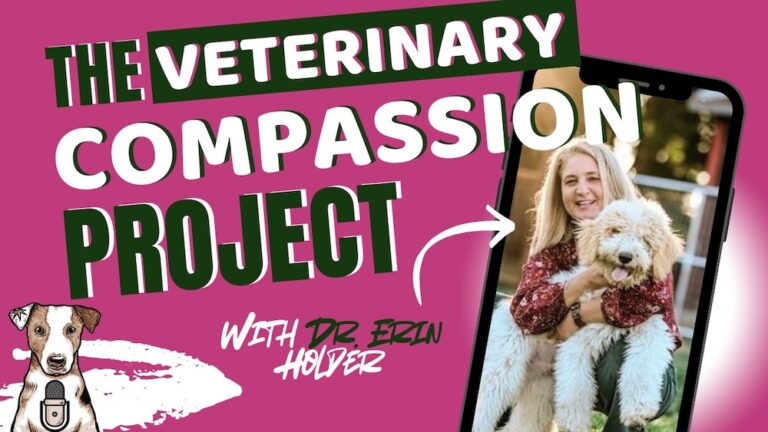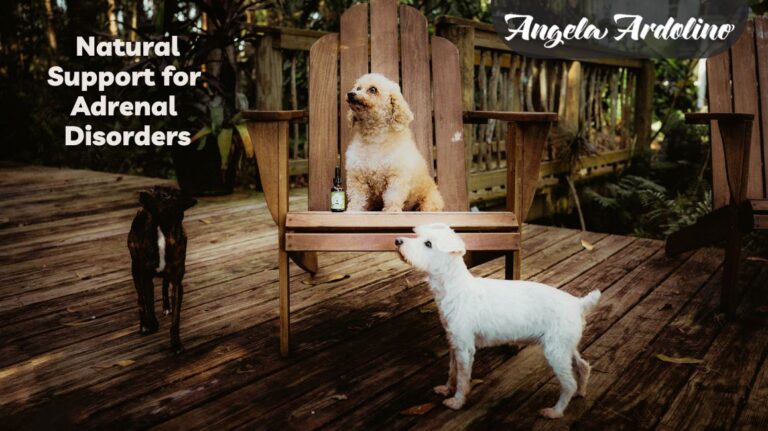Your Natural Dog Podcast
Send Me Episode Reminders! 👇
Sign up for weekly podcast episodes and videos! You’ll get raw conversations from leading pet experts and vets with your host Angela Ardolino.
Sign up for weekly podcast episodes and videos! You’ll get raw conversations from leading pet experts and vets with your host Angela Ardolino.





January 16, 2025
In this episode of Your Natural Dog with Angela Ardolino, we’re joined by Dr. Erin Holder, founder of the Veterinary Compassion Project. After experiencing ...

September 4, 2024
In this episode of Your Natural Dog with Angela Ardolino, we’re joined by Michelle Thomas, an expert in animal communication and holistic pet care. ...

July 15, 2024
Adrenal disorders in dogs, such as Cushing’s Disease and Addison’s Disease, are complex conditions that significantly impact your pet’s quality of life. ...
Copyright © 2025 Angela Ardolino |
Site by CannaPlanners